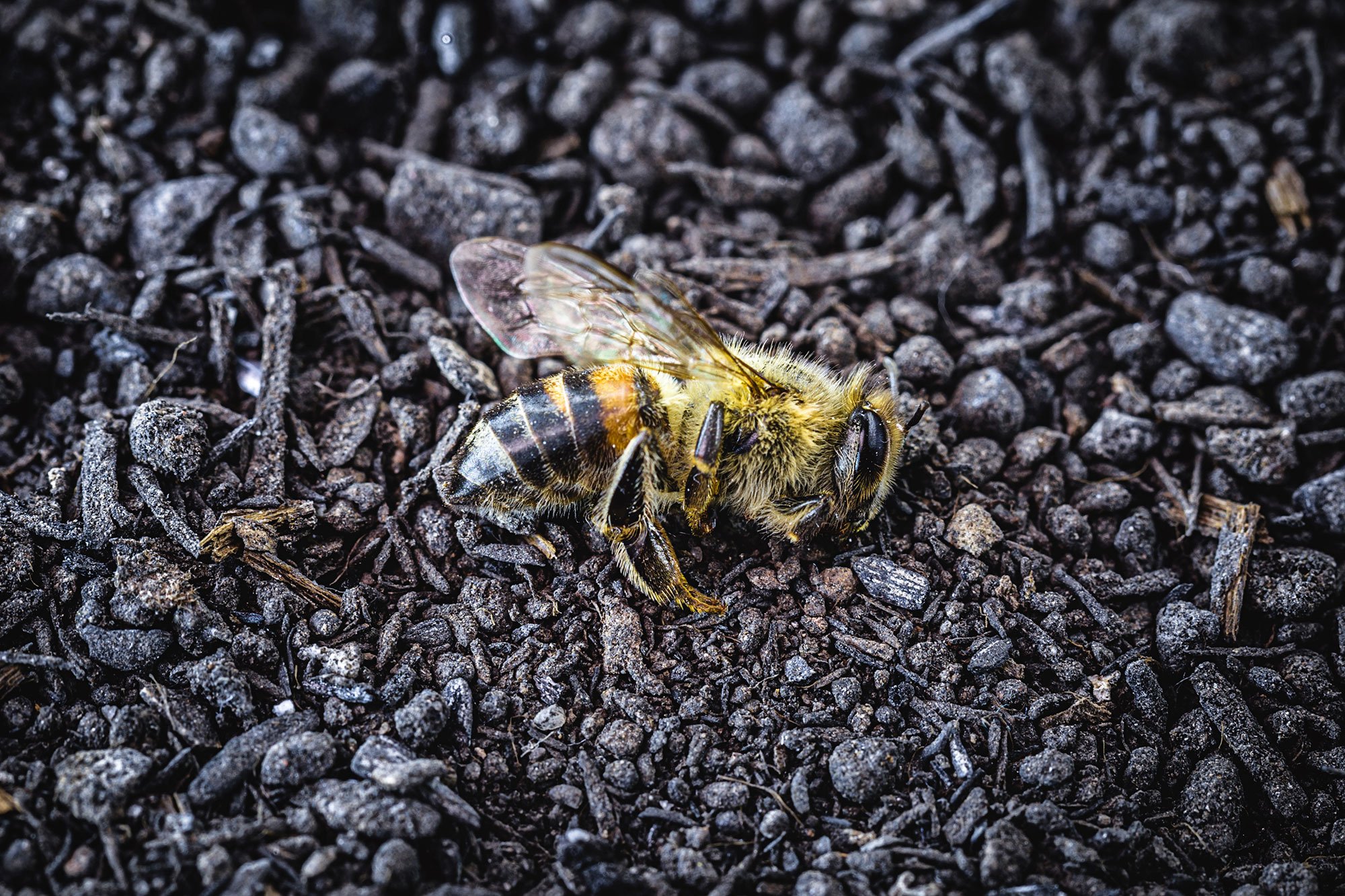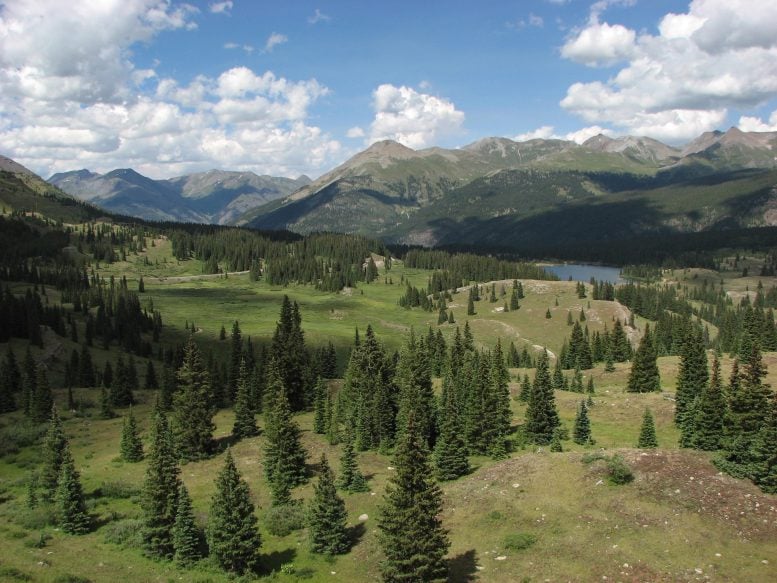Insects Are Disappearing Even From “Untouched” Landscapes, Study Warns

Insects in remote ecosystems are declining rapidly. Climate change is likely the cause.
A recent investigation by the University of North Carolina at Chapel Hill has revealed that insect numbers are falling sharply, even in landscapes with little direct human disturbance. This trend raises serious concerns for the stability of ecosystems that rely on insects for essential functions.
Keith Sockman, an associate professor of biology at UNC-Chapel Hill, monitored flying insect populations across 15 field seasons between 2004 and 2024 in a subalpine meadow in Colorado. The site provided 38 years of weather records and had experienced minimal human impact. His analysis showed an average annual reduction of 6.6% in insect abundance, which adds up to a 72.4% loss over two decades. The decline was strongly linked to rising summer temperatures.
Ecological importance of insects
“Insects have a unique, if inauspicious position in the biodiversity crisis due to the ecological services, such as nutrient cycling and pollination, they provide and to their vulnerability to environmental change,” Sockman said. “Insects are necessary for terrestrial and freshwater ecosystems to function.”

These results help fill an important gap in global insect research. Although many studies on insect decline emphasize ecosystems heavily altered by humans, far fewer have looked at populations in largely untouched environments. This work shows that sharp declines can still happen in such areas, pointing to climate change as a likely driving factor.
“Several recent studies report significant insect declines across a variety of human-altered ecosystems, particularly in North America and Europe,” Sockman said. “Most such studies report on ecosystems that have been directly impacted by humans or are surrounded by impacted areas, raising questions about insect declines and their drivers in more natural areas.”
Mountain ecosystems at risk
Sockman emphasizes the urgency of these results for biodiversity conservation: “Mountains are host to disproportionately high numbers of locally adapted endemic species, including insects. Thus, the status of mountains as biodiversity hotspots may be in jeopardy if the declines shown here reflect trends broadly.”
This research highlights the need for more comprehensive monitoring of insect populations in a variety of landscapes and adds urgency to addressing climate change. By showing that even remote ecosystems are not immune, the study underscores the global scale of the biodiversity crisis.
Reference: “Long-term decline in montane insects under warming summers” by Keith W. Sockman, 4 September 2025, Ecology.
DOI: 10.1002/ecy.70187
Never miss a breakthrough: Join the SciTechDaily newsletter.
Source link

